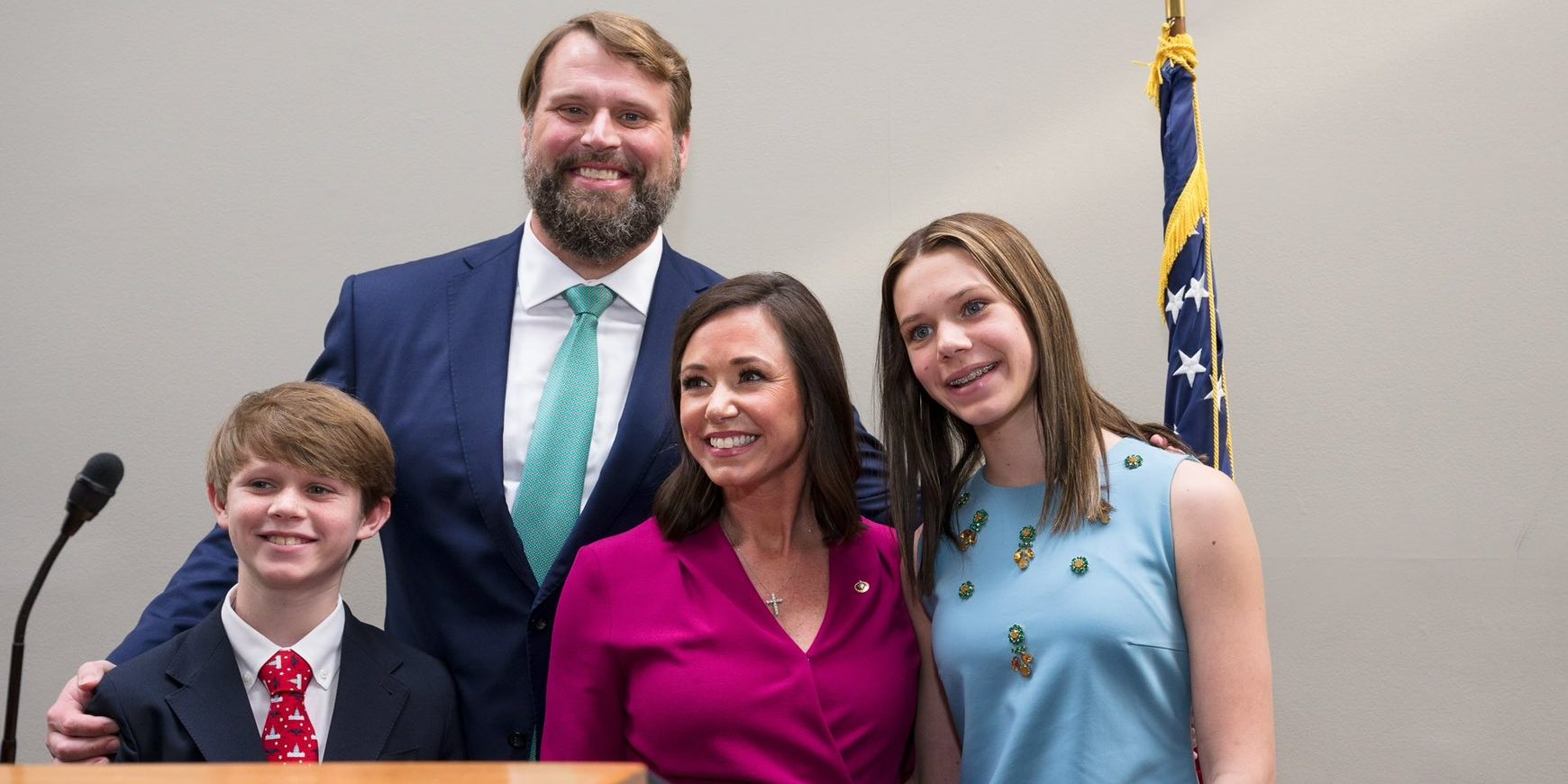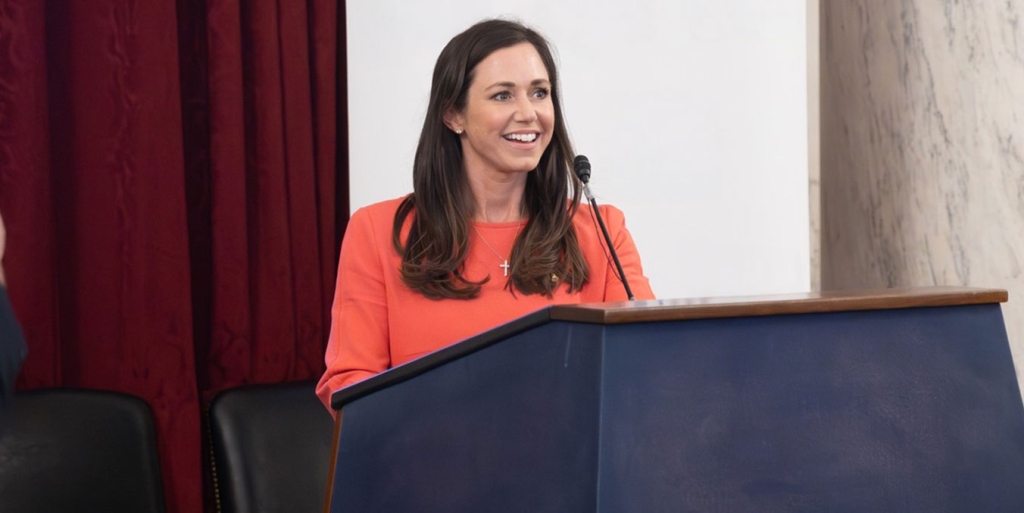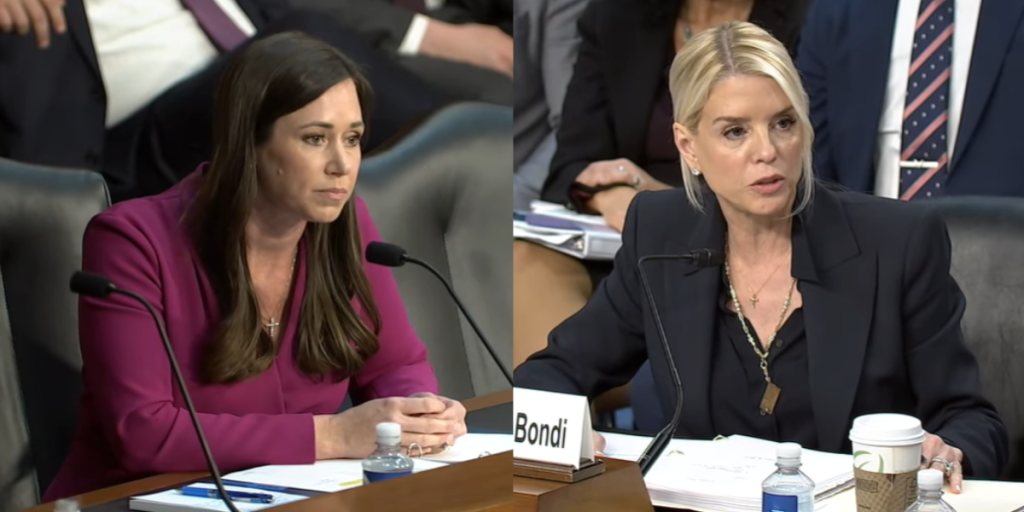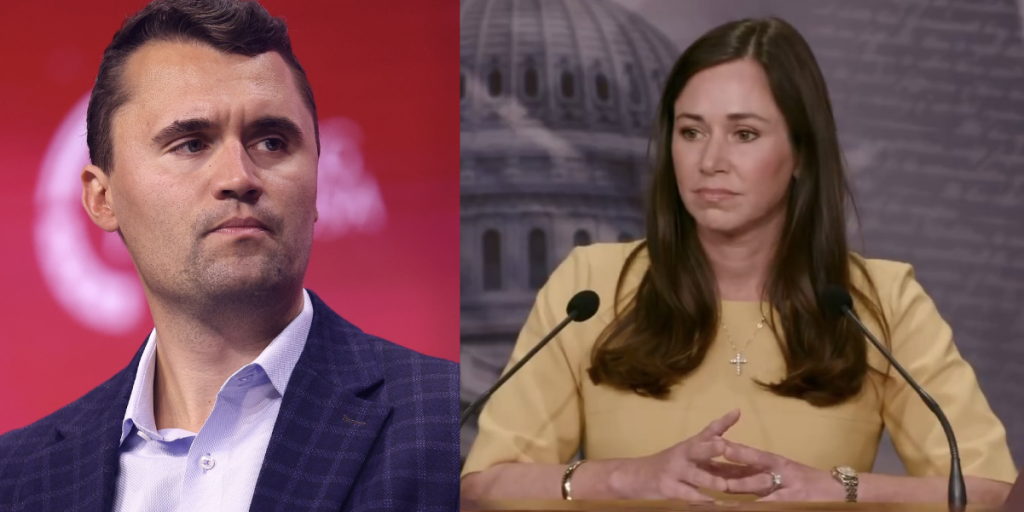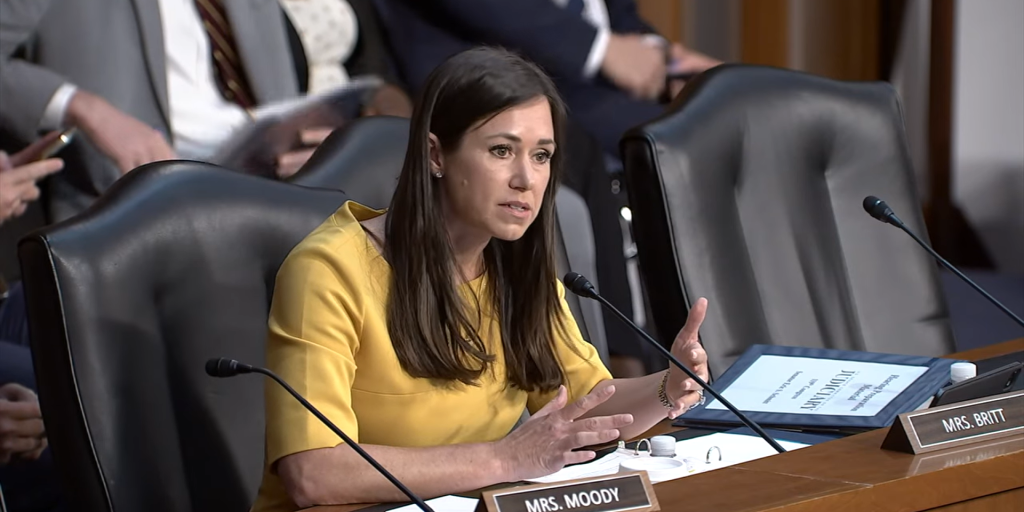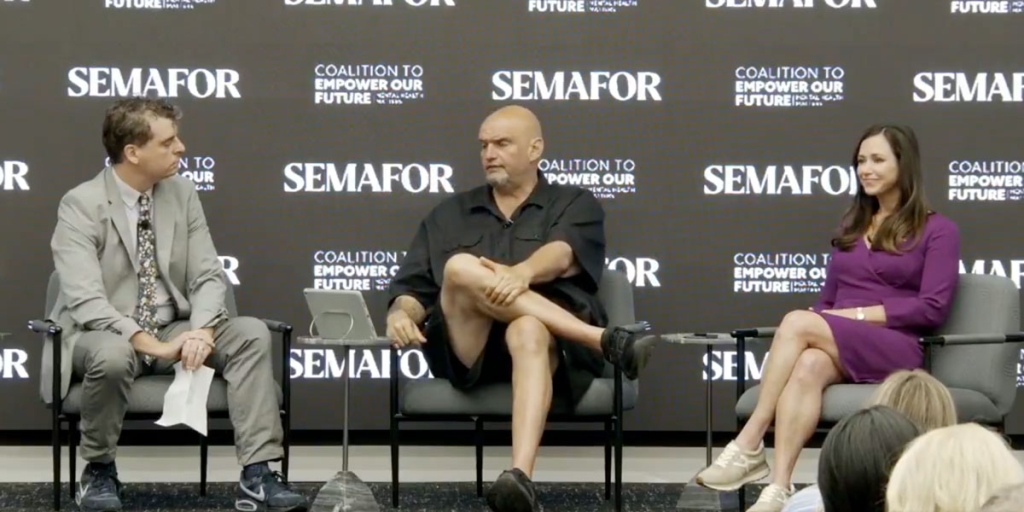As the youngest woman in the Senate and a mom, Sen. Katie Britt understands the challenges of motherhood.
And, with Mother’s Day coming this weekend, she introduced legislation to increase support for women during some of the more difficult phases of motherhood, such as prenatal, postpartum, and early childhood development. The bill, More Opportunities for Moms to Succeed Act or MOMS, would also expand the scope of resources and assistance available for mothers throughout the country.
“As a mom, I know firsthand that there is no greater blessing in life than our children and understand the types of challenges that women face during their pregnancy journeys and while raising their kids,” said Britt (R-Montgomery). “I’m proud to support women throughout these seasons of motherhood. This legislation is further evidence that you can absolutely be pro-life, pro-woman, and pro-family at the same time.
“The MOMS Act advances a comprehensive culture of life, grows, strengthens families, and ensures moms have the opportunities and resources needed so they and their children can thrive and live their American Dreams.”
Britt, a mother of two, also joined “The Yaffee Program” to discuss the bill and other similar pieces of legislation to help mothers.
“I am proud to be pro life and want to give every child the opportunity to be born,” Britt told Yaffee. “I want to make sure that every mom is supported in that journey.
“So I’ve done a number of pieces of legislation, one of which was with Sen. Lafonda Butler. We came together to talk about maternal mortality. We actually have the highest maternal mortality ,the state of Alabama, than any other place in the nation. I came together with Sen. Maggie Haskins to work on the Rural Obstetrics Act to try to make sure that women who were pregnant in our more rural communities have access to care. ”
The MOMS Act would specifically:
- Establish Pregnancy.gov – A federal clearinghouse of resources available to expecting and postpartum moms, as well as those with young children. This clearinghouse would increase access to adoption agencies, pregnancy resource centers, and other relevant public and private resources available to pregnant women within their zip code and surrounding areas. As part of Pregnancy.gov, HHS would be required to include and maintain a national list of federal funding opportunities available to non-profit and healthcare entities for pregnancy support.
- Improve access to pre- and post-natal resources
This legislation would establish a grant program for non-profit entities to support, encourage, and assist women in carrying their pregnancies to term; and to care for their babies after birth. It would also provide tools for pre-natal and post-natal telehealth appointments by instituting a grant program to purchase necessary medical equipment and technology in rural areas and other medically underserved areas. - Require states to apply child support obligations to the time period during pregnancy
The MOMS Act is especially needed in Alabama. Over a third of the state’s 67 counties are classified as “maternity care deserts,” areas without access to birthing facilities or maternity care providers. Last fall, three Alabama hospitals announced closures of their labor and delivery departments. Additionally, Alabama’s maternal mortality rate is the highest in the nation at 64.63 deaths per 100,000.
“This is yet another layer of that journey in supporting moms and this first has three titles in it. I’m proud to do this alongside of Sen. (Marco) Rubio and Sen. Kevin Kramer,” Britt said. “The three of us have come together to work and push this piece of legislation forward right here before Mother’s Day but the act establishes present pregnancy.gov. That way when a woman finds herself pregnant, she has the opportunity to have all of the resources that are available right there at her fingertips. It’s everything from her prenatal care journey to also options for adoptions.
“So really bringing those things together in one place and one clearing house. Then it also establishes two grant programs. It’ll do things to support these women for possible telehealth visits if they’re in a more rural community or assisting them as they carry their pregnancies to term. Obviously, none of those fundings can go to anyone who supports abortions, but those who support pregnancy and support life moving forward.
“Lastly, it also establishes that if a woman seeks child support, during her prenatal journey, the state has to allow that to occur and I think that that is incredibly important.”
Austen Shipley is a staff writer for Yellowhammer News.




